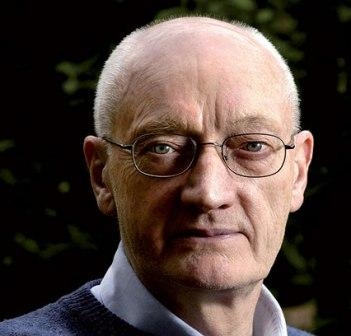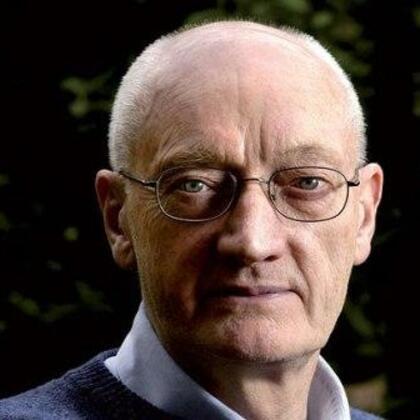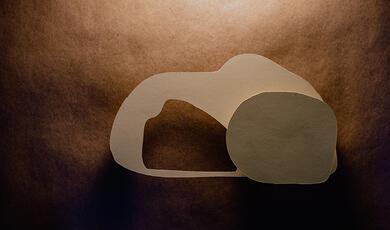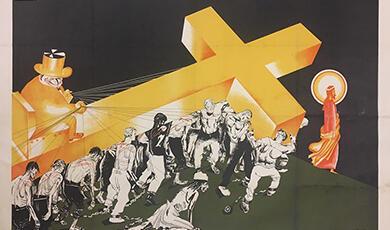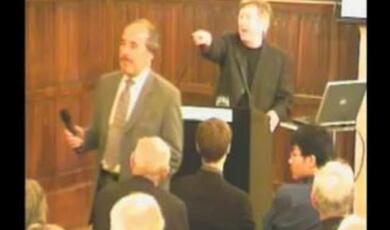Ethical Jazz
Share
- Details
- Text
- Audio
- Downloads
- Extra Reading
Jazz is essentially improvisational and, at its purest, does not work from a fixed score. It is pure music-making and requires courage and technical skill. It listens to the other musicians and does not try to impose a pre-arranged score upon them. Could jazz serve as a metaphor for an approach to ethics and theology that tries to respond to the circumstances of the time without being too bound to any pre-assigned script? This lecture will examine the ethical traditions that influence the way we think about the new challenges that face us, and suggests a possible way forward.
Download Text
This event was on Thu, 06 Nov 1997
Support Gresham
Gresham College has offered an outstanding education to the public free of charge for over 400 years. Today, Gresham College plays an important role in fostering a love of learning and a greater understanding of ourselves and the world around us. Your donation will help to widen our reach and to broaden our audience, allowing more people to benefit from a high-quality education from some of the brightest minds.


 Login
Login
